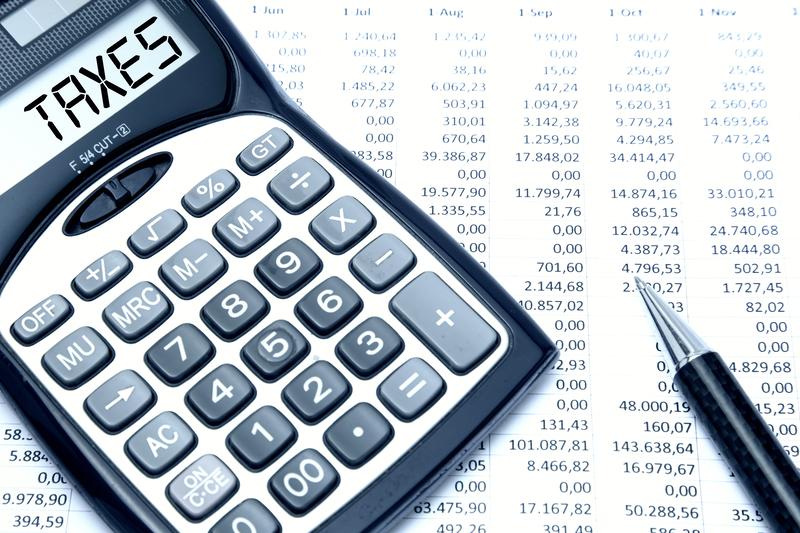Tax season is in full swing. With recent reforms, most taxpayers are looking for write-offs to decrease the amount owed or enhance their refund. Did you know that the average taxpayer misses at least two deductions they could use? If you want to improve your bottom line, here are a few expenses you may want to include.
Moving Expenses
While Uncle Sam isn’t going to pay for your move to the tropics for pleasure, the IRS will help pay your moving expenses for work. If you move more than 50 miles from your home for your career, then you can use it as a write-off. Keep in mind that if your company handles the bill, you will need to account for the amount you were paid. To ensure there are no problems, you should keep records of your moving expenses in a binder so that you have evidence for tax purposes.
Health Expenses
Health expenses can be a significant write-off for some people. If you pay out of pocket for prescriptions, glasses, dental work, long term health care, insurance premiums or other medical-related expenses, you can write them off. Medical expenses are a tricky deduction. You can write off any amount over 7.5 percent of your adjusted gross income. However, the first $3,000 is not deductible. If you paid $9,000 above the threshold, then $6,000 in medical expenses could be used for your write-off. Most states also allow you to write off medical expenditures.
Charitable Contributions
Another often missed category of tax write-off is charitable contributions. Have you donated items to a local thrift store? Did you provide money or goods for disaster relief? Do you pay tithes or a percentage of your income to a church or other religious organization? All these expenditures can be applied to give you a significant deduction on your taxes. It’s always best to get a receipt from the place of your donation, and you must ensure that you keep accurate records. Cash donations should be made by check so that they can be easily traced. The check becomes your receipt. Uncle Sam closely monitors deductions that exceed $500 in cash, so you’ll need documentation if you’re subjected to an audit.
Whether you expect to owe money or get a refund, you can use deductions to enhance your bottom line. While these three items are commonly overlooked, there are many other write-offs that you can use to your advantage. It’s always best to have a tax professional handle your yearly returns so you can ensure that deductions due to you are added to your filing.
Here’s another article you might like: What Attracts Buyers When You’re Selling Your House?

